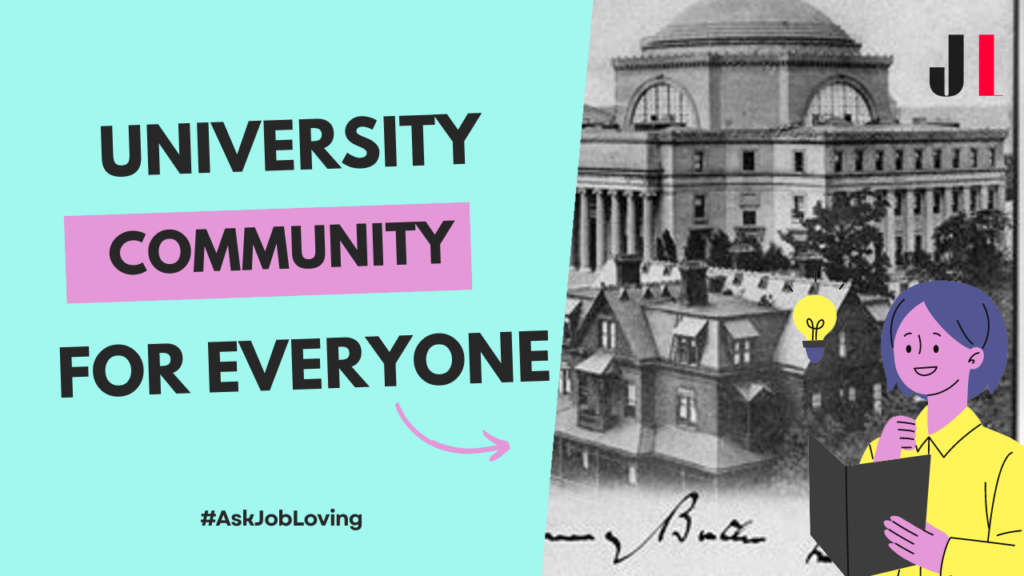Why Study History at Columbia University?
Studying history at Columbia University offers an exciting opportunity to dive deep into the past, understand socio-political contexts, and appreciate how history shapes our present and future. Columbia’s rich institutional legacy, which resonates with prestige, makes it a compelling choice for history majors. It provides students with unique insights into historical narratives and equips them with critical thinking skills that are essential in today’s world.
Columbia boasts a robust history department where you can explore diverse topics through an engaging curriculum. The department prides itself on having approachable professors who bring their passion for history into the classroom. Students rave about their experiences in history classes, particularly highlighting lecturers who make complex subjects captivating. Notably, professors like Crary and Alberro receive glowing recommendations for their ability to inspire and guide students through intricate historical discussions.
A significant draw to Columbia is also its beautiful Art History library, Avery. This impressive resource allows students access to extensive historical texts and artwork references, facilitating in-depth research. Whether you are poring over Renaissance art or studying the nuanced development of socio-political movements, having such a treasure trove of information at your fingertips proves invaluable.
Opportunities Beyond the Classroom
As rewarding as the academic experience is, it’s also vital to consider what lies beyond graduation. While some argue that the history department could improve its connections to career services or job placement opportunities, students often find that their history degree equips them with transferable skills. Majoring in history cultivates analytical and communicative abilities that many employers value, especially if paired with complementary fields like International Relations (IR). A dual focus—studying IR alongside a history minor—can provide the holistic educational experience needed for dynamic job markets.
Another unique aspect of studying history at Columbia is its vibrant New York City context. The city acts as an extended classroom, offering students firsthand experiences of historical events and cultural shifts reflected in their studies. That blending of classroom learning with real-world experiences enriches the educational experience, making it not just instructive but also personally transformative.
Conclusion
Ultimately, choosing to study history at Columbia University offers more than just academic learning; it’s about becoming part of a legacy that navigates through time while residing in one of the world’s great cultural capitals. Even if career services could use some sprucing up, the skills you develop as a historian will serve you well in any future endeavor. If you’re eager to contribute your perspective while unraveling the complexities of human experiences throughout time, Columbia’s history program provides the tools necessary for meaningful engagement.
If you desire further insights or resources about why studying history at Columbia University might be right for you, don’t hesitate to connect with us at the JobLoving community!

